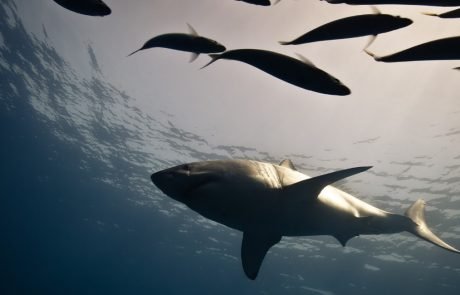A paper published on 3 September in Nature Nanotechnology presents a new approach that could potentially be used to slow down the progression of rheumatoid arthritis (1). The neutrophil nanosponges,
All posts by Siobhán Dunphy
Scientific journal subscriptions are facing extinction: open-access is on the horizon in Europe
On 4 September, the launch of ‘Plan S’ was announced by 11 national research funding organisations from France, the United Kingdom, the Netherlands, and eight other European nations, with the
A study published on 3 September in Nature Ecology & Evolution used one of the most extensive datasets available on the movement of large marine animals ― part of the Census
A paper published on 3 September in Nature Energy has outlined a proof-of-concept for using sunlight and other biological ingredients to split water molecules into their constituents ― hydrogen and
The negative effects of higher temperatures, along with higher incidences of extreme events such as droughts and flooding, on staple crops are widely accepted but globing warming is bringing with
A new model based on machine learning can predict the location and timing of earthquake aftershocks with more precision than the standard method, known as the Coulomb failure criterion. The
New Hungarian legislation on ‘migration propaganda’ forces university to suspend Horizon 2020 research funding
In the latest bout of anti-immigration policies, the Hungarian government has brought into effect a new levy on anything deemed ‘migration propaganda.’ For fear that this may include a Horizon 2020
Rising ocean temperatures may have detrimental effects on coral reefs at extremely low depths
Warmer ocean temperatures are known to be a major cause of coral bleaching at the ocean surface but new research, led by scientists at Scripps Institution of Oceanography at the
A new study published on 27 August in Nature Climate Change has shown that elevated carbon dioxide (CO2) levels in the atmosphere are affecting the nutrient content of staple crops,
How are human and animal brains different? A newly discovered cell type may offer some clues
A new study published in Nature Neuroscience on 27 August, led by Prof Ed Lein and his team from the University of Szeged in Szeged, Hungary along with colleagues from









